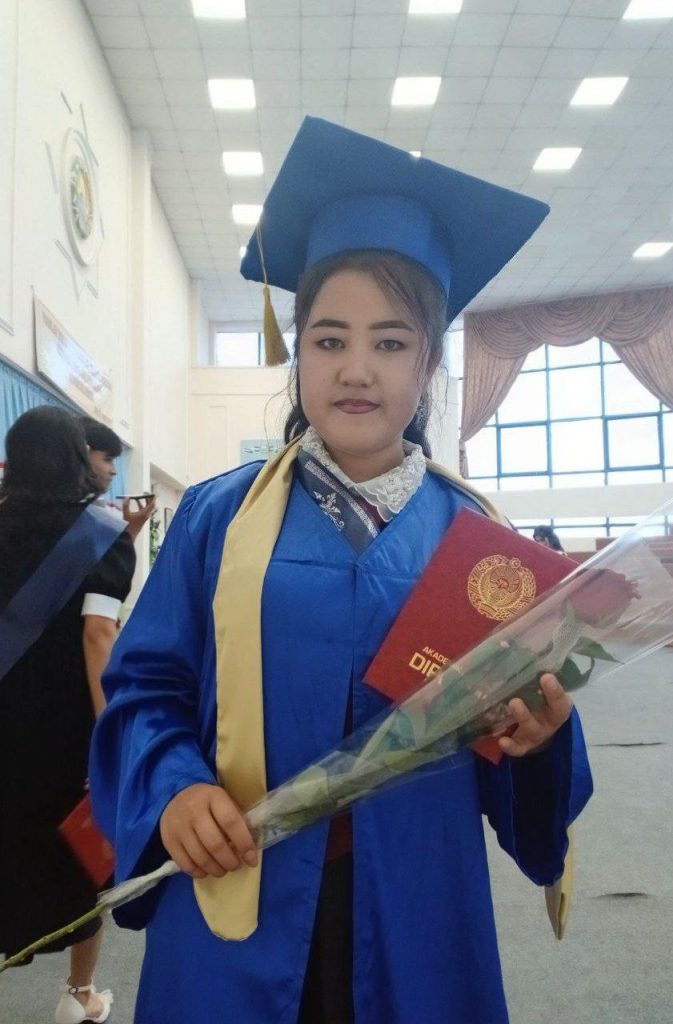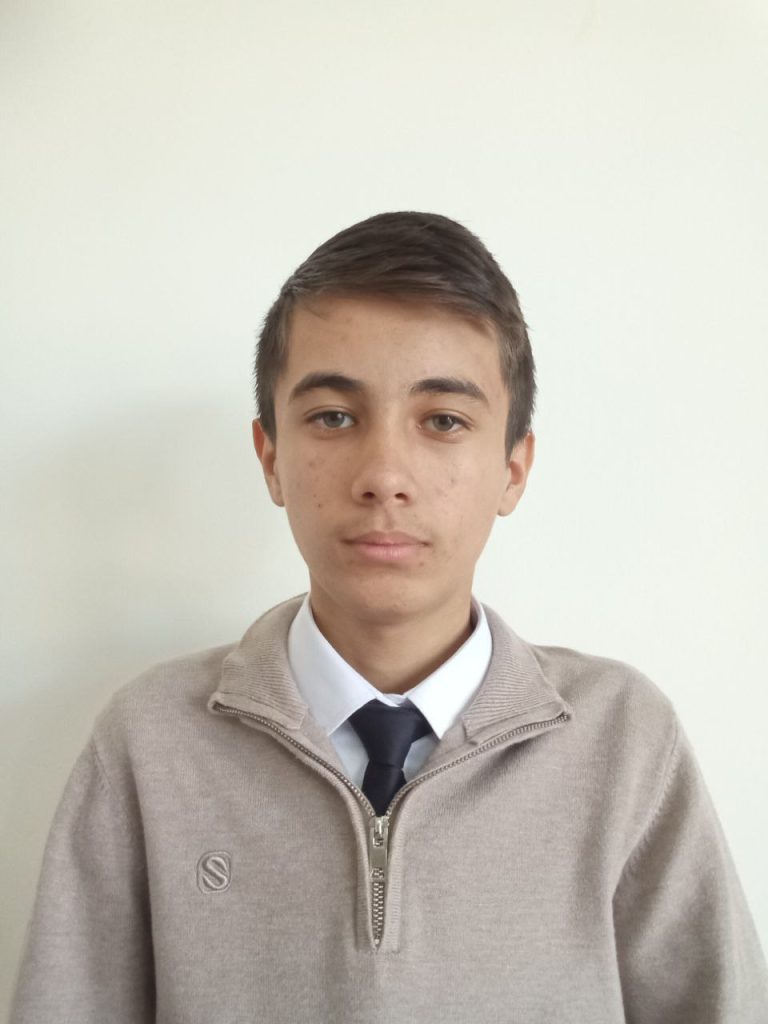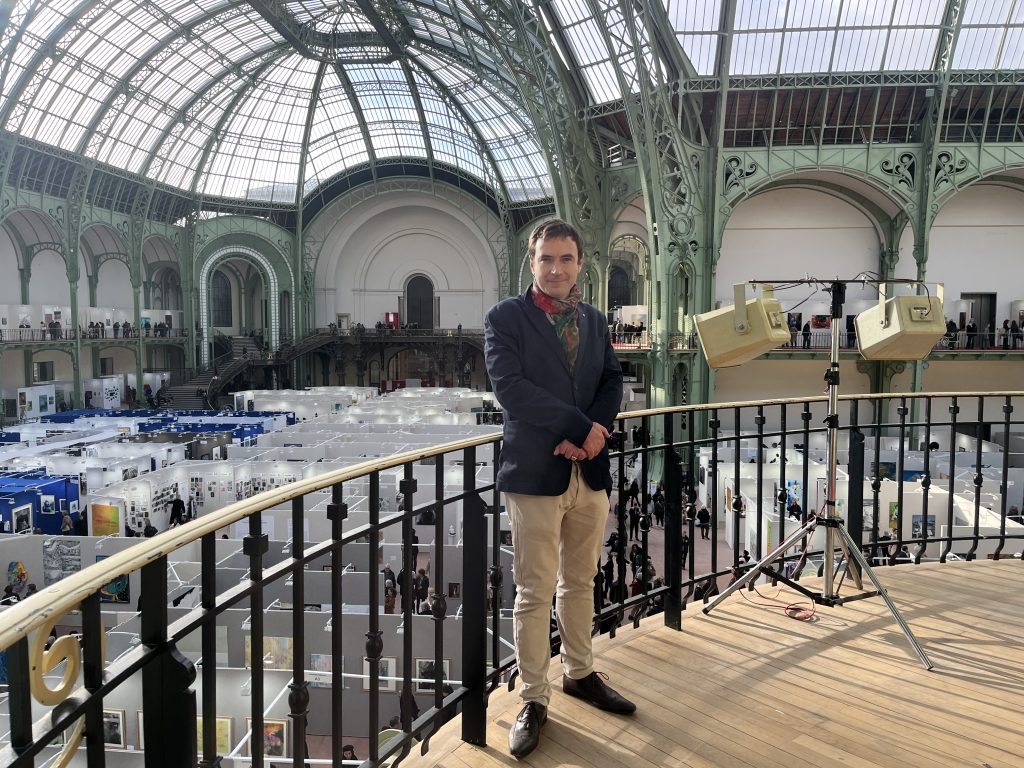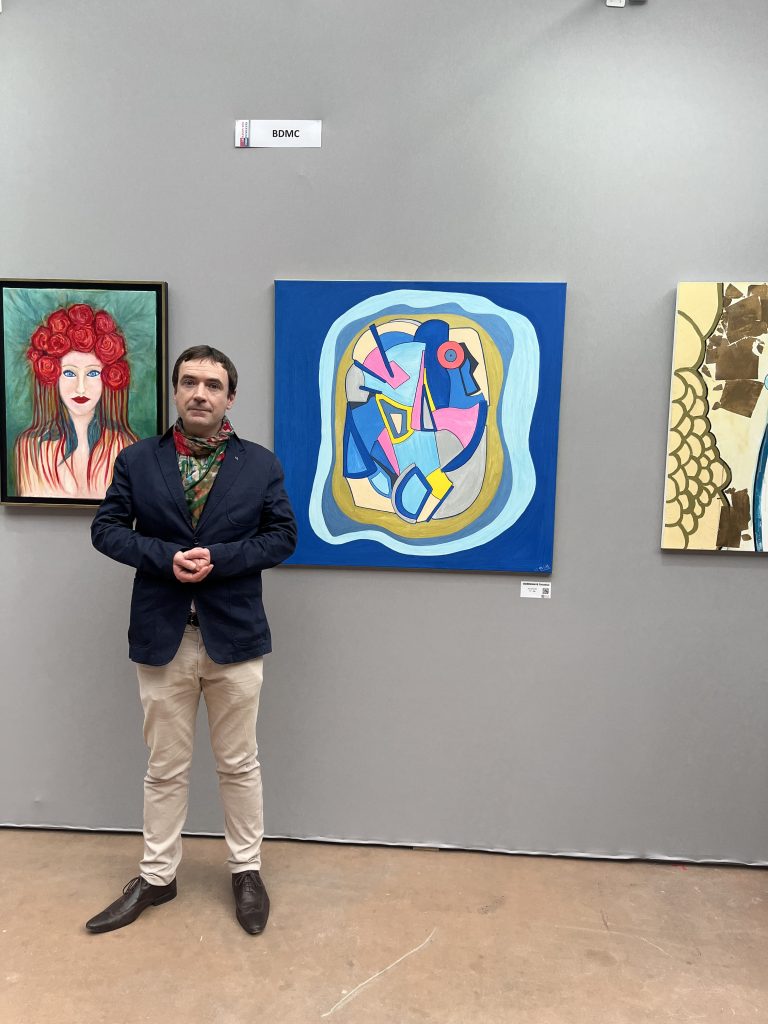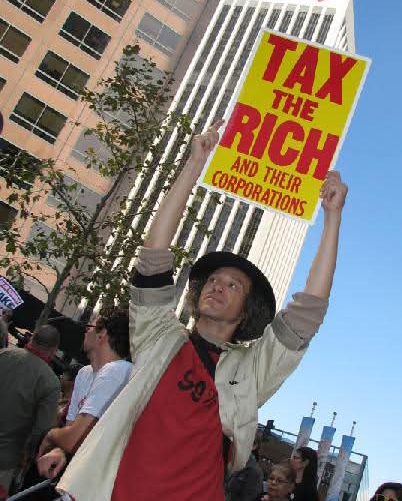Bradbury Among Us: Why a Great Science Fiction Writer Understood Our Future Better Than We Do
Tradition and Algorithms
Recently, while watching my robot vacuum cleaner, I found myself thinking about our mahallas, where residents rise early in the morning and sweep their courtyards and streets with a broom. Here, cleanliness is not merely the absence of dust — it is a sign of respect for neighbors and a readiness to open one’s gates to a guest at any moment.
At home, meanwhile, my robot vacuum was stubbornly trying to “negotiate” with a chair leg. In that moment, I caught myself thinking that I had read about something like this before.
I took an old volume of Ray Bradbury from the shelf and was struck: he had looked straight into our present world — with all its gadgets and, more importantly, with our loneliness among them.
Smart Homes and Empty Rooms
In his famous short story There Will Come Soft Rains, Bradbury described a house that prepares breakfast, cleans up, and reminds its owners of their daily tasks. In the 1950s, this seemed like pure fantasy. Today, we refer to it as a “smart home” and control it from our smartphones.
But Bradbury looked deeper. Technology may be flawless, yet it remains only a set of microchips. Surrounded by sensors and voice assistants, we often forget that comfort is created not by automatic curtains but by the people who live behind them.
In Uzbekistan, a home has always been a place where the guest, not the interior, stands at the center. Bradbury’s “smart house” is functional, but it lacks baraka — the blessing that comes from living conversation over a cup of tea.
Artificial Intelligence: A Friend or an Imitation?
Bradbury often wrote about robots replacing loved ones. Today, we discuss chatbots capable of holding conversations as well as an old friend. It seems convenient.
Yet the writer warned us: by replacing living communication with a perfect algorithm, we risk forgetting how to understand real, “imperfect” people. His stories remind us that no program can replace the warmth of human sincerity.
Teahouse Versus Algorithm
In Fahrenheit 451, a mechanical hound hunts those who think differently. It is unsettlingly similar to modern social media algorithms that decide what we see and what we do not, creating an invisible digital cage.
Bradbury feared the isolation of people in their “seashells” — their headphones. He foresaw a world in which people would be locked inside digital cocoons.
In Uzbekistan, the tradition of the teahouse is still alive — a place where news is learned not from an algorithmic feed but from living conversation. Watching elders and young people spend hours in unhurried discussion over hot tea, one realizes that this is the antidote to the mechanical hound Bradbury imagined. Here, the algorithm is powerless before a sincere “Assalomu alaykum.”
AI Art and Traditional Craft
A neural network can generate a portrait in seconds, yet it lacks the soul that a master from Rishtan puts into every ornament on a ceramic plate.
Bradbury taught us to value imperfection, because within it — like in hand-embroidered suzani — lies the uniqueness of human destiny.
A machine can imitate style.
But it cannot live a life.
The Human Being as the Main Instrument
Ray Bradbury did not seek to frighten us. He urged us not to lose our heads in excitement over new technologies. His books are not merely science fiction; they are, in a sense, a manual for living in the future.
He teaches us the essential lesson: in a world of endless code and perfect machines, we must remain human — vulnerable, mistaken, alive.
Robots, artificial intelligence, and digital systems are all creations of human hands. Therefore, it is up to us to guide technology and to build a real world of lived experience.
For us in Uzbekistan, Bradbury’s challenge sounds especially urgent: how to build IT parks and implement artificial intelligence without losing the warmth of neighborly support and the value of a large family. We must make technology a tool for strengthening our bonds — not a wall dividing us.
References
1. Bradbury, Ray. Fahrenheit 451. New York: Ballantine Books, 1953.
2. Bradbury, Ray. “There Will Come Soft Rains.” In The Martian Chronicles. New York: Doubleday, 1950.
Professional Biography:
Azimov Mirsaid is a dedicated programmer with a strong passion for robotics and intelligent systems. He enjoys building efficient, practical solutions that connect software with real-world applications. His work is driven by analytical thinking, creativity, and a constant desire to improve.
He is particularly interested in projects that combine hardware and software — from embedded systems to interactive technologies. He enjoys exploring how logic, automation, and design can work together to create meaningful and innovative solutions.
He approaches challenges with focus, discipline, and a strategic mindset. Continuous learning is important to him, and he is always working toward becoming a stronger developer and a future robotics engineer.

